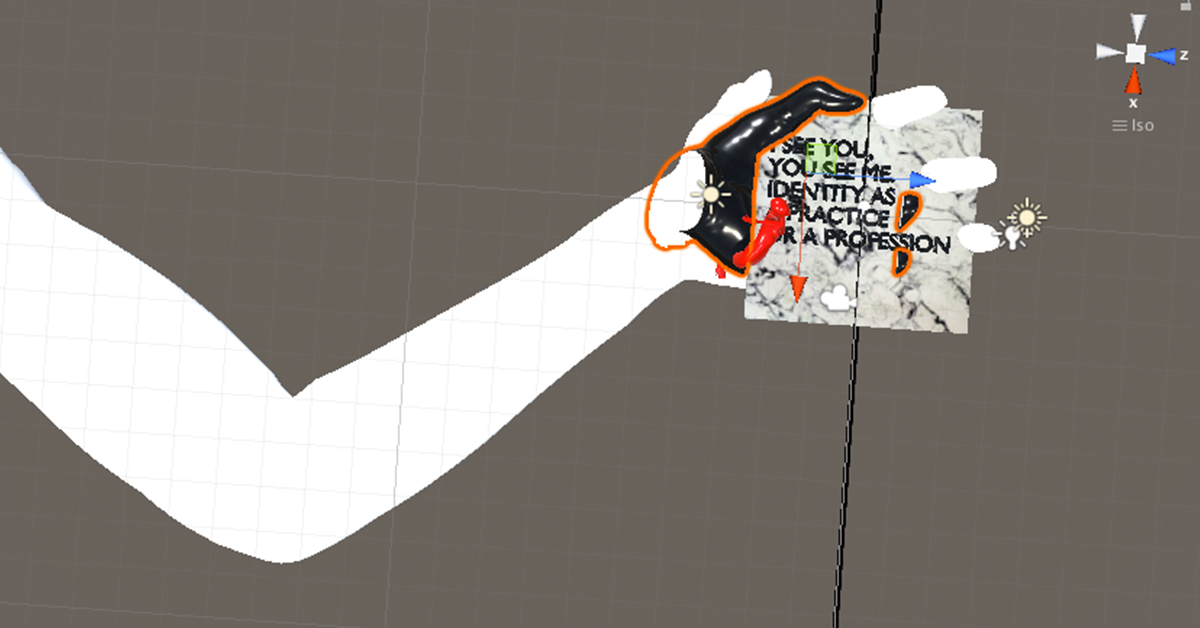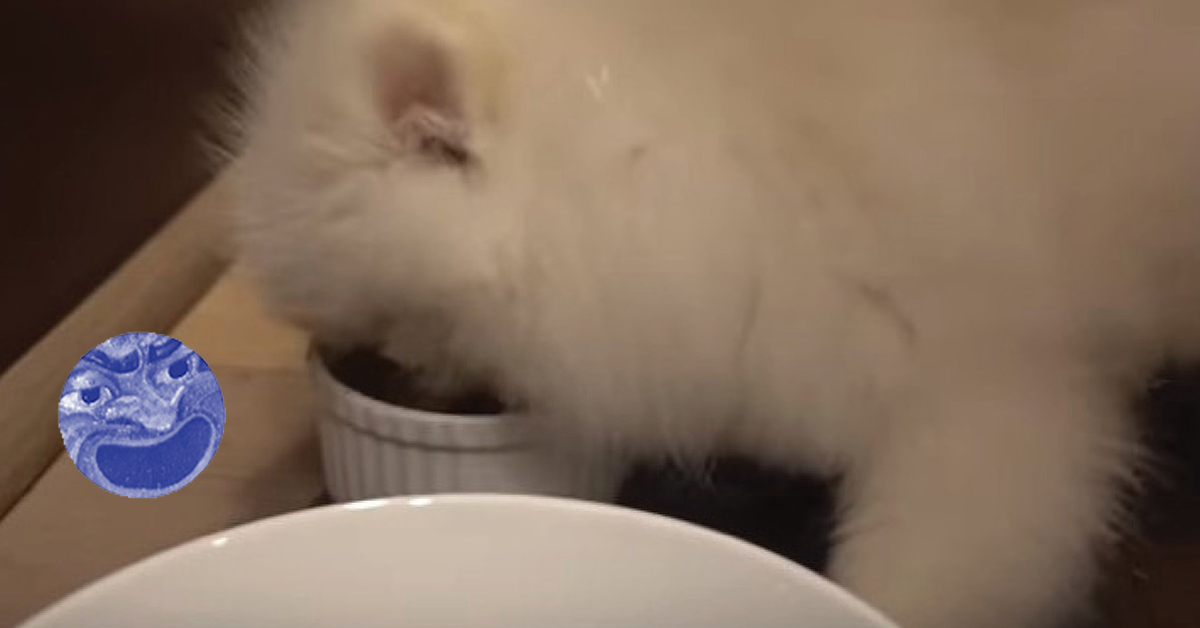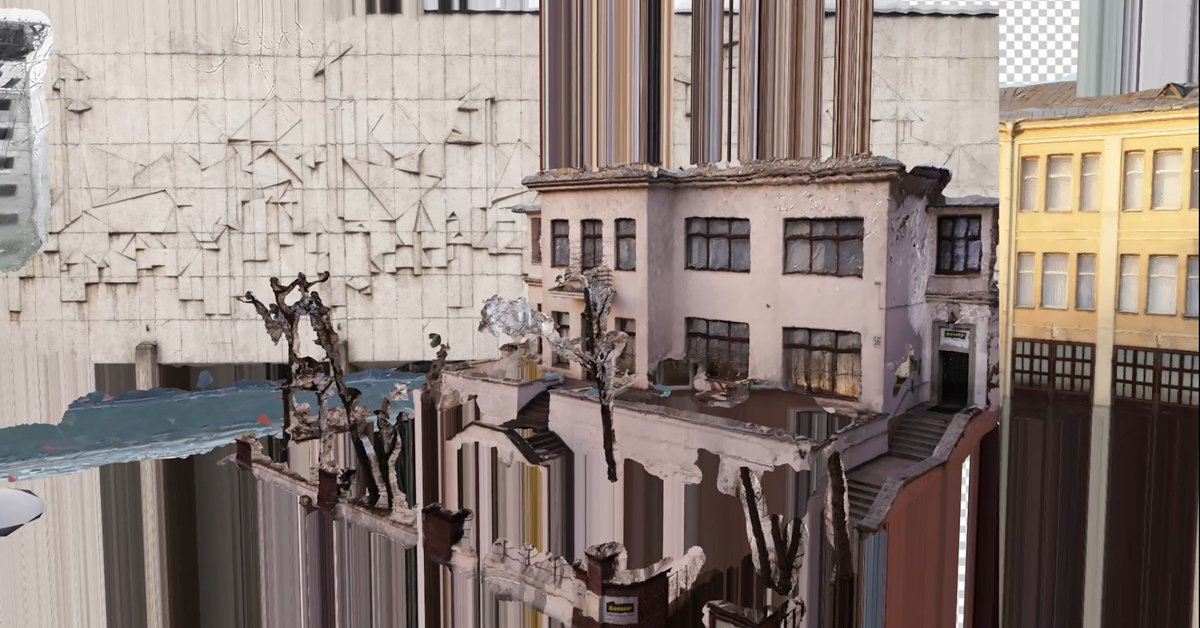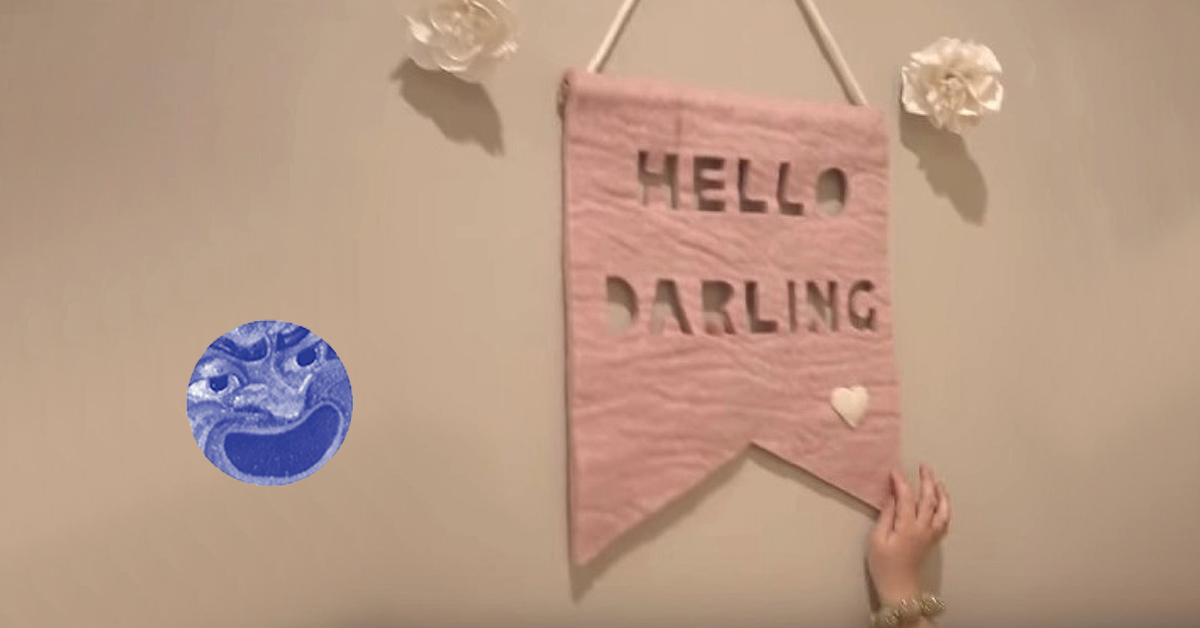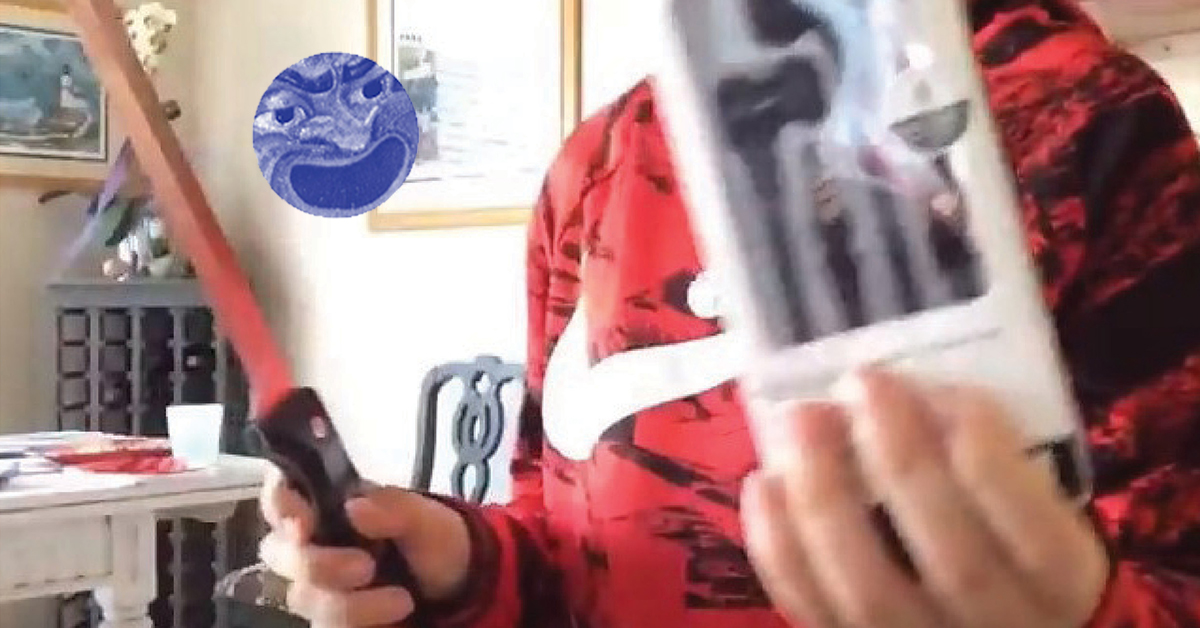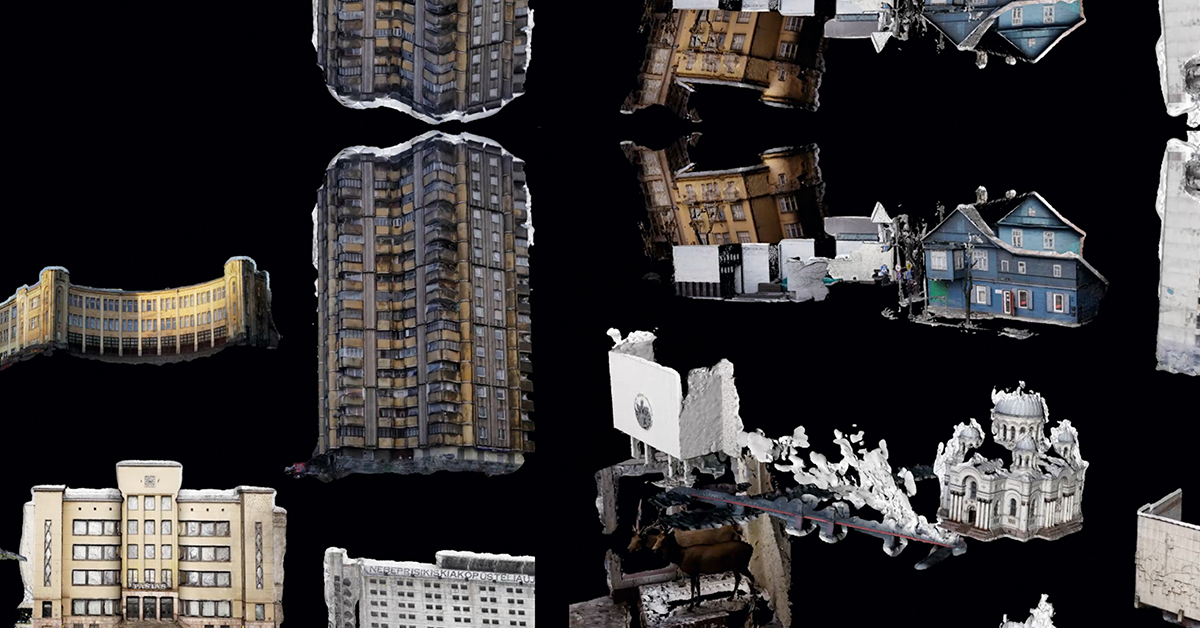Kategorija: Residencies of 2018
Kaunas Artists’ House turns 47 years old with “Behind Closed Doors”, a live performance specially developed for this occasion, presented by this year’s last KAH residents Daniel Neubacher (DE) and Lukas Zerbst (DE).
This November Kaunas Artists’ House is hosting the last participants of this season’s residency programme: artists Daniel Neubacher (DE) and Lukas Zerbst (DE).
This November Kaunas Artists’ House hosted the last participants of this season’s residency programme: artists Daniel Neubacher (DE) and Lukas Zerbst (DE). D. Neubacher and L. Zerbst both attended the University of the Arts Bremen in Germany, where they studied contemporary sculpture. In his varied sculptures, D. Neubacher examines questions of digitisation, identity and the social role of the artist, whereas the core of L. Zerbst’s practice is working with the space and exploring the contemporary discourse on productivity. Within the framework of the KAH residency programme the artists together with sound artist Arūnas Periokas and AuRA dance theatre dancers Julija Mintautė, Matthew Woodcock-Livingston and Mei Chen were developing “Behind Closed Doors”, an experimental, site-specific, multimedia performance, which was presented at KAH on 29 November, 2018.
During the first weekend of August Kaunas Artists’ House yard hosted a very special residency: the travelling culture club “RättBuss“, arriving to Kaunas from Sweden in a 15m long bus for the last stop of their migrating festival.
During the first weekend of August Kaunas Artists’ House yard will host a very special residency: the travelling culture club “RättBuss“, arriving to Kaunas from Sweden in a 15m long bus for the last stop of their migrating festival.
Leave the house to join us to celebrate the fabric of the everyday! We’ll be asking for your suggestions to help guide the algorithm to astound and amaze us all.
The final event will draw on inspiration from what’s left behind. In a sense, both boredom and failure are manifestations of waste, and vice versa. YouTube’s algorithm draws us in, perpetually trying to manoeuvre our attention to capture our time within its vortex of images.
In January and April, 2018, Dalia Mikonytė and Adomas Žudys resided at Kaunas Artists’ House, aiming to produce “Kaunas Study” – a video work conceived as a compliment to the unique modernism of Kaunas and also forming a part of their ongoing project “City Studies”.
The second event of the series addresses boredom, the unforgivable failure of not being excited, unpicking notions of productivity and societal blackmail on private time. It explores the realm of the eponymous Noontide Demon and its contemporary incarnations, judged as inevitable and feared by Medieval monks.
In the first of a series of illustrated and performative lectures Paulina Drėgvaitė and Nick Wood dissect the notions of failure in societal discourse through the lens of YouTube as an archive of the everyday, hosting micro-histories of the pleasures of failure. The evening will look at online archives as an abyss, a dark and seemingly endless void of time and history with an algorithmic-keeper alongside user-curators.
Dalia Mikonytė and Adomas Žudys began their residency at Kaunas Artists’ House in January, 2018, aiming to produce “Kaunas Study” – a video work conceived as a compliment to the unique modernism of Kaunas and also forming a part of their ongoing project “City Studies”.
In May 2018 Kaunas Artists’ House will continue its artistic residency series by hosting artists and curators Paulina Drėgvaitė (UK/LT) and Nick Wood (UK). During their residency the artists will establish an open studio within KAH in which they will be developing My soul knows my meat is doing bad things, a new artistic collaboration exploring the notions of failure, boredom and waste. Combining differing backgrounds from both film curation and contemporary art this new project hopes to explore interests within counter cultures, defining anti-productivity and alternative modes of archiving. Viewing YouTube as an archive of everyday micro-histories, this project aims to locate alternatives to the notions of success and productivity that dominate societal discourse.


